The corona pandemic and the associated restriction of everyday life means a great emotional burden for almost everyone. Also children and young people suffer from the effects of lockdown and contact restrictions. They sit in cold classrooms or at home in cramped living conditions, are not allowed to go to sports and meeting friends is possible only to a very limited extent, if at all. It is also difficult to concentrate on school while the rest of the world seems to be out of joint. [1]
This article is intended to raise awareness of the issues that particularly affect children and young people in the pandemic. It also gives tips and tricks on how all members of the family can make adjustments in order to best meet the challenges of the pandemic with mindfulness and meditation together.
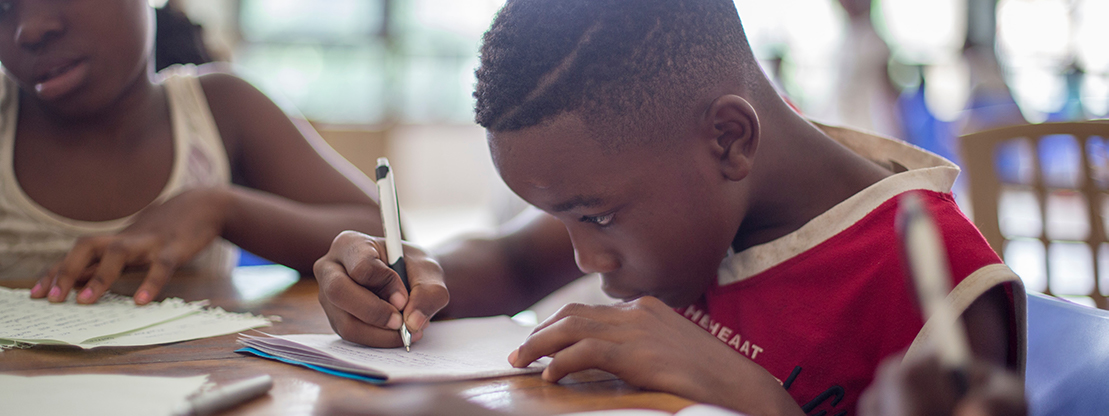
The impact of the pandemic on the psyche
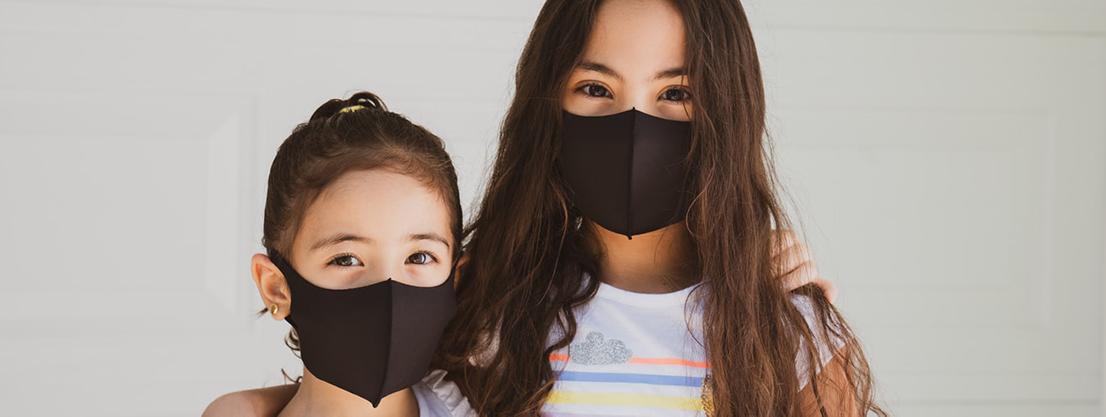
What are the stress factors?
Those who looked out of the window at the time of the first lockdown were invited to go out in the spring with its reawakening nature and the first warm sunrays of the year. Today, in the second lockdown, cold and wet autumn weather quickly drives us back into our own four walls. So we spend a lot of time at home. Often the parents work in the home office, the children are actually still at school, but at the time of writing this article (11.11.2020) there are about 300 000 school children in Corona quarantine in Germany. And in the afternoons there is hardly any opportunity to avoid each other. Families with small flats are therefore particularly affected due to limited space.
Emotional stress, too much closeness and few opportunities to work hard or to gain distance. All this can quickly lead to irritability. It also makes it even more difficult for all those involved to concentrate on their commitments such as work and school. The stressful corona situation does the rest. Unfortunately, initial surveys also show an increase in domestic violence during the pandemic. Especially in this situation it is therefore important to put oneself in the position of the other person and to show understanding. [2]
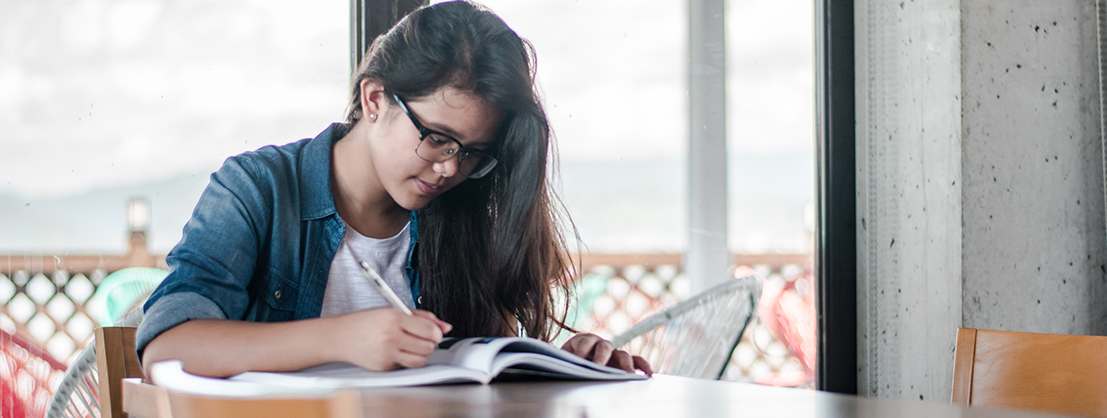
Learning problems in the pandemic
Many children and young people also report learning difficulties. This particularly affects children with parents who have a low educational attainment or a migration background. They often have difficulties helping their children with their schoolwork. [1]
Even children who actually need special support, for example to correct a language deficiency, often cannot be adequately supported. This can have serious consequences. If a speech defect in a child is not treated logopaedically before he or she starts school, the child may later be exposed to teasing from other children. Such an experience can gnaw at self-confidence in the long term. And speech therapists in particular were closed for a very long time in the summer because of the increased risk of transmission through droplet infections when talking [2].
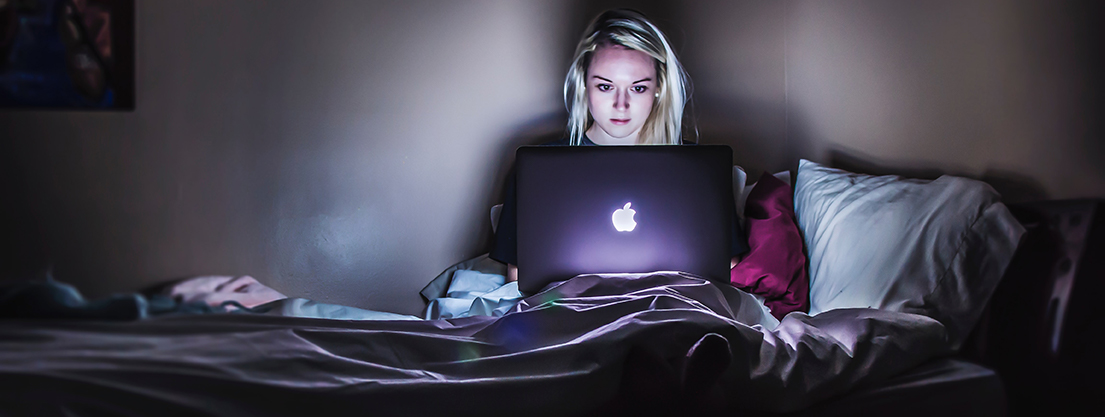
Alone at home – media replace social contacts
Social isolation is a problem. Those who remember their own childhood and youth know how important contact with friends is in growing up. There remains a huge gap, which is all too often filled by increased media consumption during the pandemic. But it is precisely the increased use of media that can have additional consequences. Although research in this field is still very patchy, initial results suggest that excessive media consumption can have an impact on the physical and mental health of children and adolescents.
A study suggests that too much media use among children up to the age of six could be the cause of concentration difficulties and inhibitions in language development. Hyperactivity is also considered a symptom. Older children suffer more and more from concentration problems as media consumption increases. In addition, more sugary foods are often consumed in front of the screen. There is a risk of overweight. So even in the pandemic, try to ensure that your offspring’s media use is appropriate for their age. Recommendations from the Federal Centre for Health (BZgA) on the maximum amount of time children should spend in front of the screen can be found here. [3]
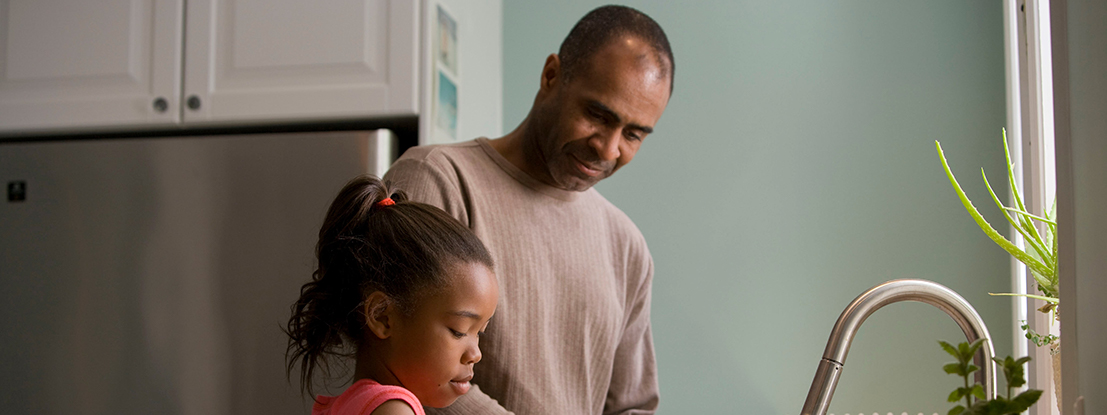
How can we support our children?
However hard everyone tries to completely avoid the effects of the lockdown, it is not possible. All we can do is to try to cushion the stress and emotional strain caused by the effects of the pandemic as best we can, taking small steps towards recovery.
Tip 1: Discuss the current situation with your children
In emotionally stressful times, children often take more time from their parents and seek closeness and support. Try to discuss the current situation regarding the Corona pandemic in an appropriate and honest way with your children. Children’s fears can be alleviated if you discuss them together. Kids also closely observe the behaviour and emotional handling of adults in difficult situations and adopt the observed behaviour for their own crisis management. Parents therefore have a special role model function in the pandemic.
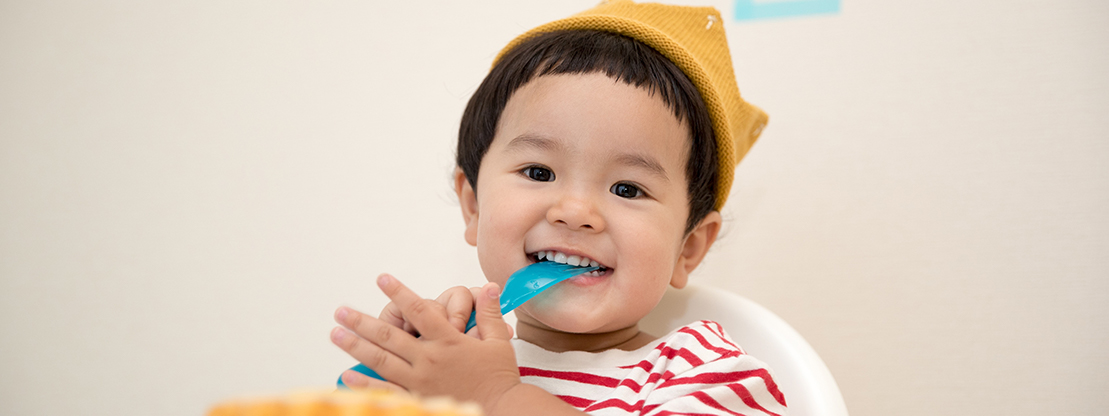
Tip 2: Expressing feelings
Children try to express their feelings in an individuel way. This can be through creativity or sport, for example. Try to give your children the best possible support and offer them the opportunity to express their feelings in different activities. On the internet you will find countless ideas and suggestions for sports exercises that work great from home. It can be very liberating for children to process their experiences and thoughts in a protected and supportive environment.
Tip 3: Keeping routines
In lockdown it is of great importance to keep family routines and also to establish new routines according to the situation. This means to create challenging and age appropriate activities for children and to integrate them with regularity into the daily routine. Encourage your children to continue socialising and playing with others, if necessary only within the family circle. Regular and healthy meals should also be emphasised. As soon as a situation becomes established as everyday life, many good intentions and routines often fall under the carpet over time. It is therefore worthwhile to reflect on yourself regularly. [4]
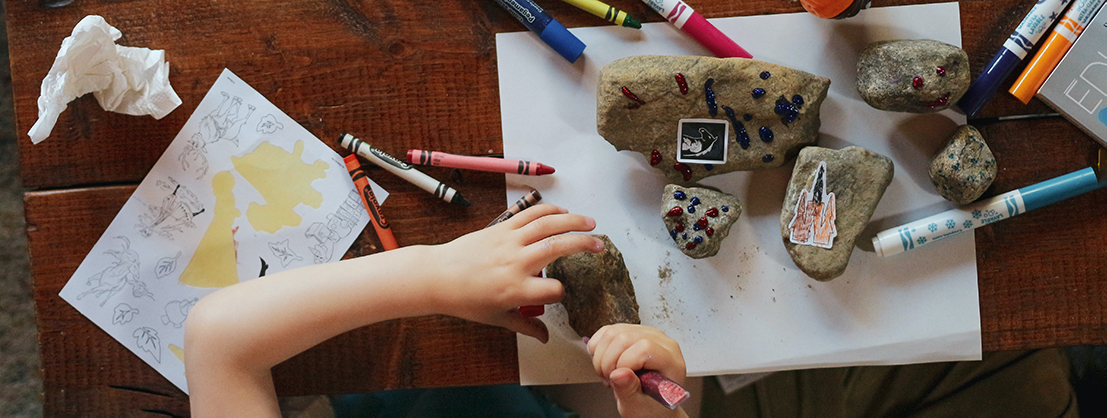
Tip 4: Meditation to calm down
Meditative exercises are one possibility for a ritual that you can use as a family to reduce stress and process emotions. Meditation can help you as a parent to maintain your own emotional balance in stressful situations and to pass on this inner balance to your offspring. Children can also join in the meditation and benefit from meditative exercises, if they are interested. Silent meditation is rather demanding or boring for many children. They quickly run out of breath. Why not try guided meditation? We at sonamedic offer many guided meditations in combination with music, which give the meditative exercise a professional and interesting framework. It can also help to integrate movement sequences into your meditations. So even younger children will find it easy to join in and keep going.
If you are looking for tips and tricks on how to integrate meditation into your everyday life as a family and need suggestions for small exercises, you will find many more helpful guides on our knowledge page. Tips for small meditation exercises can be found here, for example.
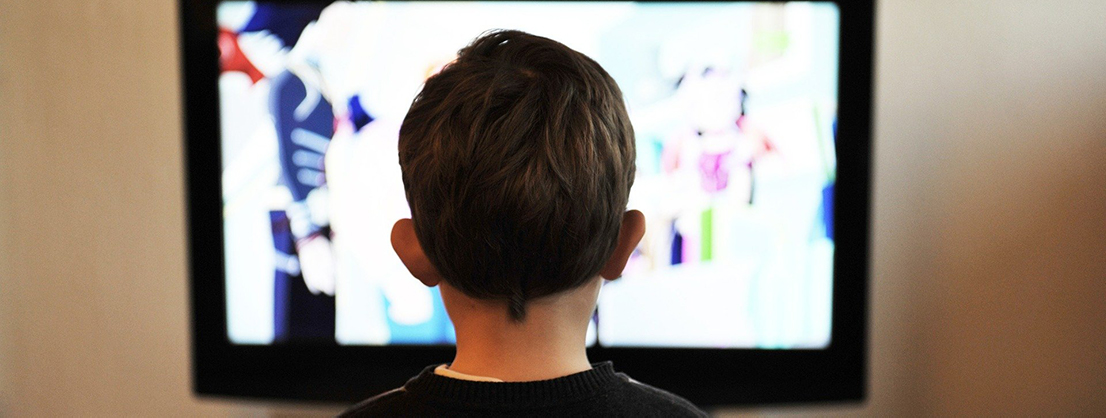
Tip 5: Get specific information
In a pandemic, it is important for children and young people, as well as adults, not to be constantly confronted with the latest news. All family members should try to break through the news stream and get information only from trustworthy sources. As a family, plan for one or two fixed times a day and try to keep the rest of the day away from the news stream. The joint consumption of news also gives children the opportunity to talk directly to their parents about what they have seen and to understand the situation emotionally.
List of sources
[1] Universitätsklinikum Hamburg-Eppendorf (UKE): Psychische Gesundheit von Kindern hat sich während der Corona-Pandemie verschlechtert: Online.
[2] Heinrich, Christian: Eine einschneidende Erfahrung: in Spektrum der Wissenschaft. Gehirn & Geist: Schöner Schmerz, zwischen Leiden und Lust, Heft 12/2020.
[3] Büsching, Dr. Uwe / Riedel, Prof. Dr. Med. R./ Riedel: BLIKK-Medien: Kinder und Jugendliche im Umgang mit elektronischen Medien, 2016, Online.
[4] World Health Organization: Mental Health and psychosocial considerations during the COVID-19 outbreak, März 2020, Online.




